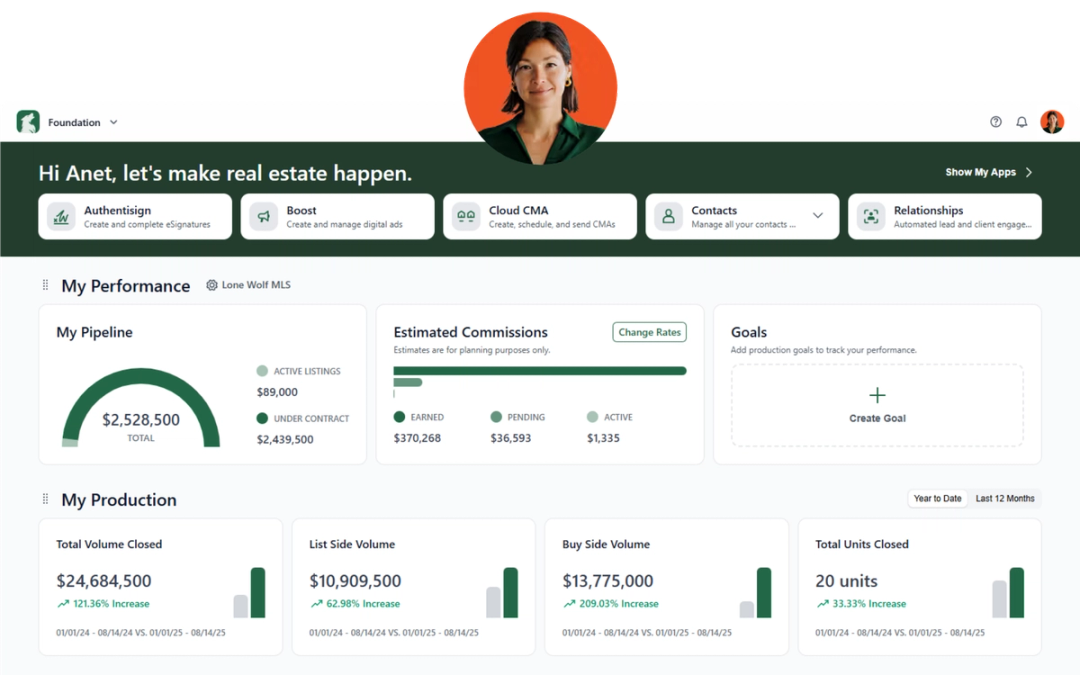
The weather is warming up, and the market is, too—and as a real estate agent, that means you need to be ready to sell. And if there’s anything the last few years of a primarily online world have taught us, it’s that your ticket to selling success lies in digital advertising.
As much as it might seem like a much simpler way to bring in business—after all, it’s easier to make a quick digital image, write a sentence or two, and upload it on Facebook than it is to create print-ready proofs—digital advertising comes with its fair share of nuances.
How you work around these nuances determines how successful your digital ads are.
Let’s explore the three things to know about digital advertising—and how you can make them work in your favor.
Everything needs to be real.
Social media has a bad rap for promoting only what people want to share about themselves, which has created a hunger in online society for content that’s as real as possible. It doesn’t help that these days, anyone can advertise anything on the internet, so consumers are always wary.
This applies to your digital ads in two ways:
- Listing ads need to be accurate, with the right information directly from your MLS listing if possible
- All ads need to be completely free of typos and grammatical inconsistencies, the common hallmarks of online scams
Making sure that your ads look as real as you know they are builds consumer confidence, which can bring in more interest and help establish your reputation as a trustworthy agent.
Ads need to target the right emotions.
As much as buying or selling a home is a financial decision best weighed logically, we’re all human—and completely removing emotion is much harder than it sounds. When you’re creating your ads, it’s important to keep this in mind and appeal to the right emotions within potential buyers and sellers.
For buyers
You’ll want to hit the right balance between home envy and aspiration. Make the people who see your ad feel like this is the ideal home for them—without making it seem unattainable.
Do this with:
- Clear, bright images that could make a viewer picture themselves in the space
- Aspirational word choices that focus on the idea of living in the home
For sellers
Potential sellers aren’t always sure they want to sell, so your best bet here is to focus on what selling now could do for them. Inspire them to envision the positive changes that could come from selling!
Do this with:
- Clear market projections that highlight their own personal gain
- Clever word choices that appeal to their sense of financial savvy
Every word choice matters.
In digital advertising, you don’t have a ton of room for words—so the ones you use, and precisely how you use them, matter. No ad should ever, ever, ever make a reader dig for information.
Everything your viewers need to know about your ad, whether it’s for your latest listing or your overall services, should be up front, clear, and easy to read, not bogged down in exclamation marks, emojis, and phrases that fit a real estate agent’s vocabulary but perhaps not the average consumer’s.
It’s worth noting that the order of your words says something, too. For example, which points do you highlight first, and which are okay to use a little later? Your most important points should fall in the first 50 characters of your text—those are the ones that most viewers will see.
How to make digital advertising work for you
Though digital advertising seems easier than traditional advertising, it still comes with its tricks. With the right resources in your hands, you can harness the power of online ads, build your business, and show prospects why you’re the agent they should trust.
Get started today—and get started for less—with a limited-time offer for Boost, our online digital advertising platform that integrates with CMA, CRM, and transactions to help you keep all your information real, reach the right audiences at the right time and in the right way, and make the most of the work you do.
Other resources
See more eBooks, webinars, and blog articles to help you stay ahead with strategies designed for your success.
